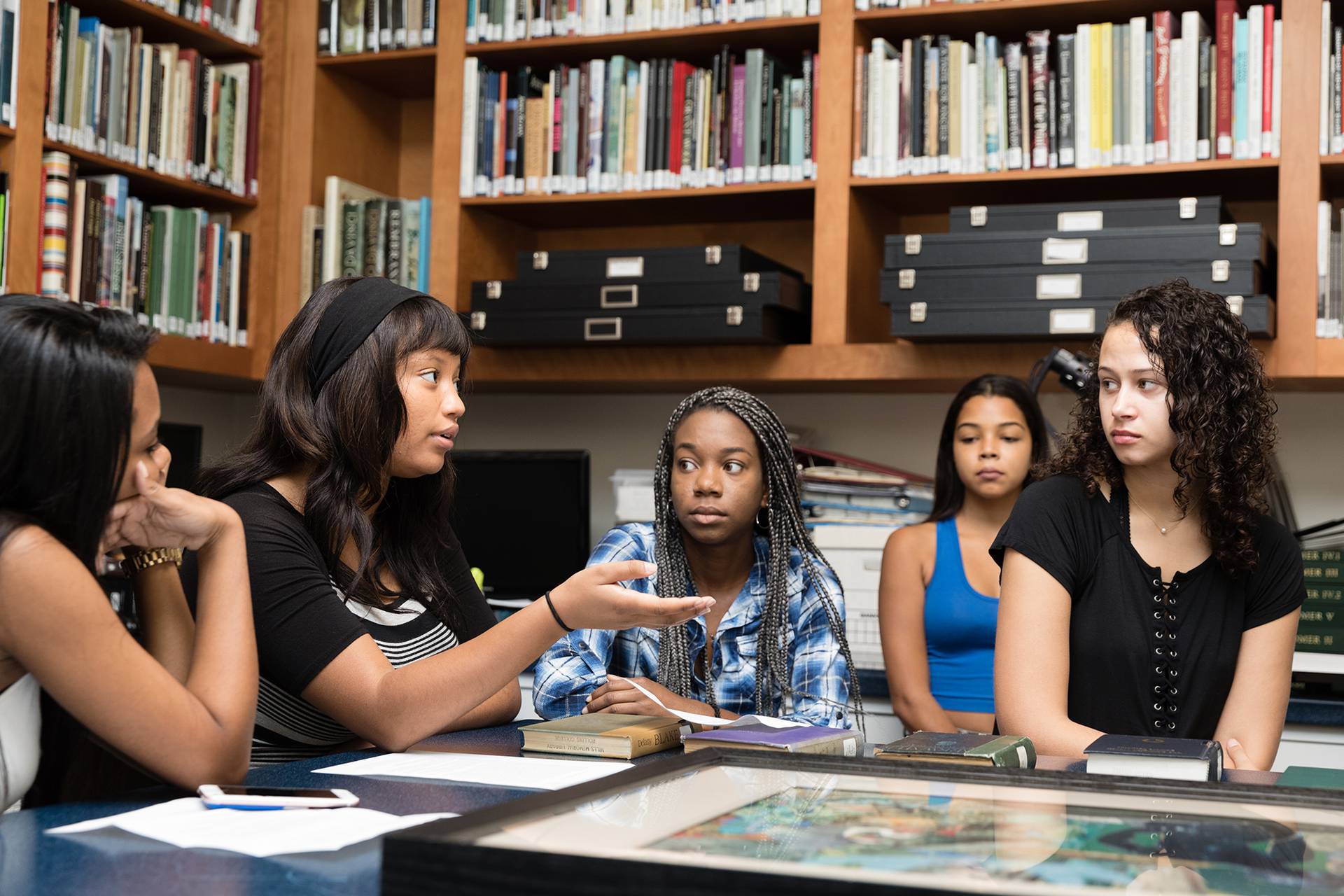
African & African American Studies
Discover and honor the contribution of Africans and their New World descendants in Western culture and society. Your studies will incorporate an analysis of historical and contemporary issues facing Africans or African Americans by integrating international perspectives, service learning, and traditional archival research. Faculty teaching African & African American studies courses include members of the expressive arts, humanities, and social sciences.
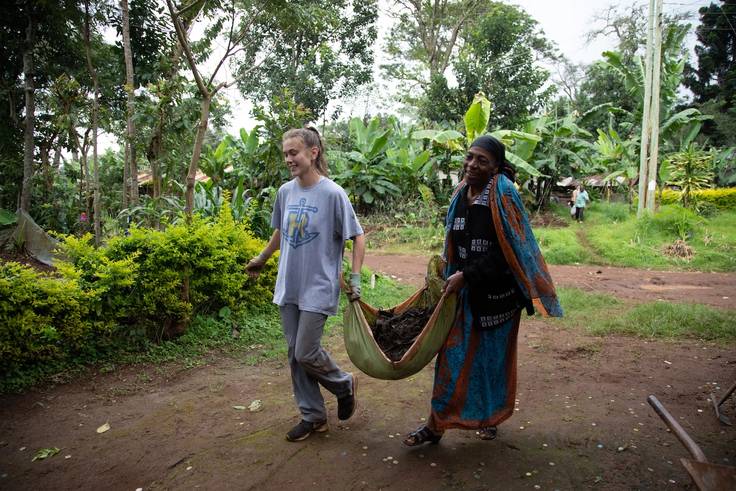
Dive into African & African-American Studies
The mission of the African and African American Studies (AAAS) program at Rollins College is to foster an awareness of the contributions and impact of people of African descent on the western hemisphere and a greater understanding of the complexity linked to the global African Diaspora.
Expert Faculty
African & African American Studies Program
Telephone: 407.646.2214
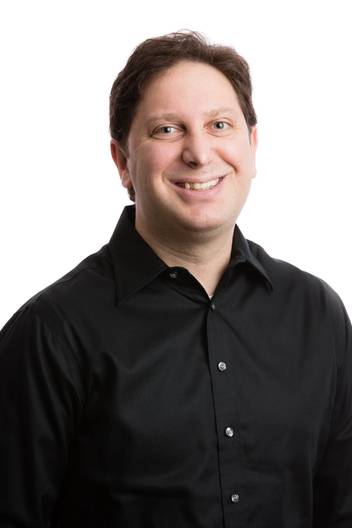
Matthew Nichter, PhD
Associate Professor of Sociology
Research interests: Relationship between the African-American freedom struggle, labor unions, and the socialist movement
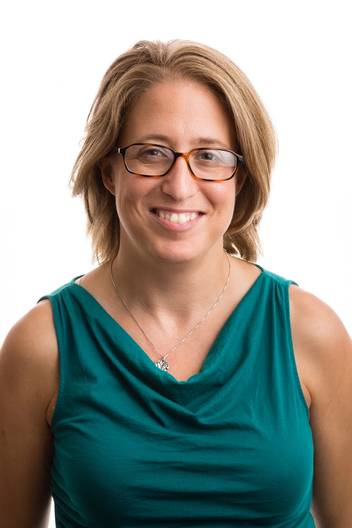
Amy Armenia, PhD
Professor of Sociology
Research interests: Family, race and ethnicity, poverty and social welfare, and the challenges and contradictions faced by those who do paid care work
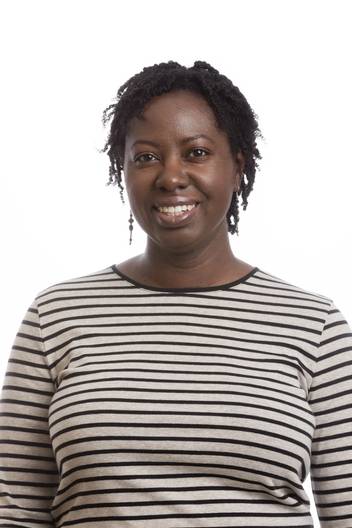
Shan-Estelle Brown, PhD
Associate Professor of Anthropology
Research interests: Health disparities, acceptability of treatments, global health, HIV, addiction, sickle cell disease, and health-care innovation technology
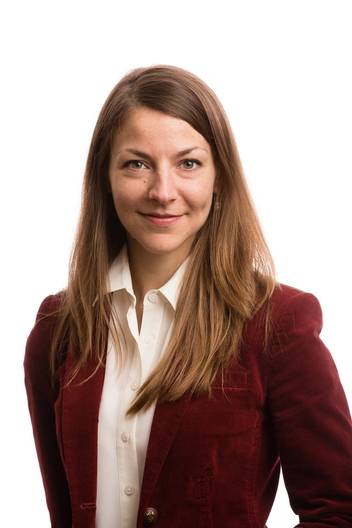
MacKenzie Moon Ryan, PhD
Associate Professor of Art History
Research interests: History of African and global art, with particular interest in textiles, fashion, trade, colonialism, cross-cultural exchange, and museum studies
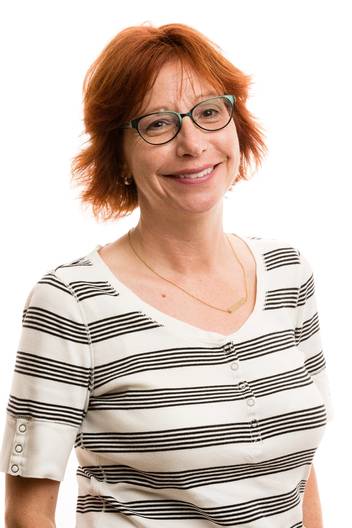
Claire Strom, PhD
Professor of History
Research interests: U.S. history, especially American sexuality and the Vietnam War
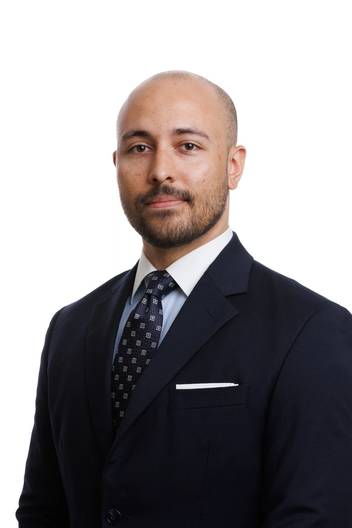
Joshua R. Brown
Visiting Instructor in Philosophy
Research interests: Political Philosophy, Ethics, Philosophy of Race, Philosophy of Law, Capital Punishment.
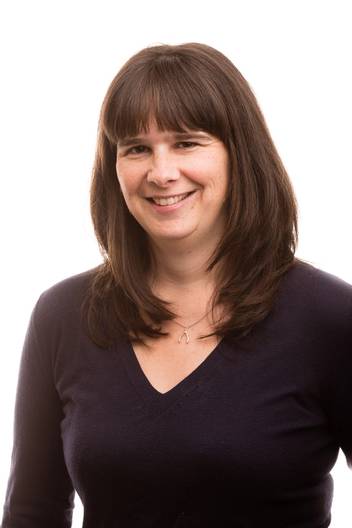
Emily Russell, PhD
Kenneth L. Curry Professor
Research interests: Medical humanities, disability studies, 20th-century American literature

Ja'Nya Jenoch, PhD
Visiting Assistant Professor of Sociology
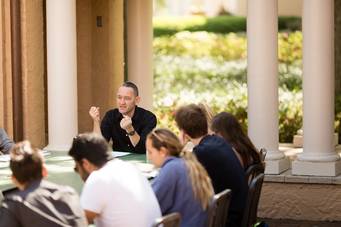
See for Yourself
Get a feel for Rollins’ unique brand of engaged learning and personalized attention through one of our virtual or in-person visit experiences.
